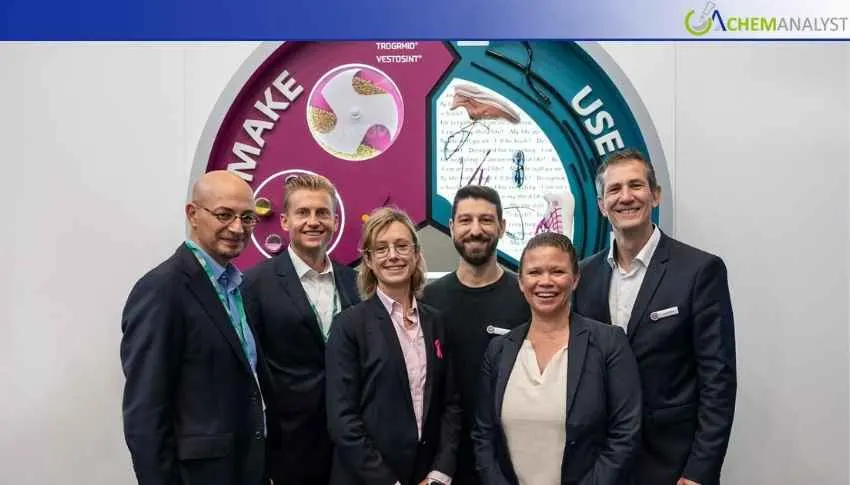Welcome To ChemAnalyst

The chemical and automation giants join forces to leverage open automation for a pilot plant in Germany, aiming to significantly boost the efficiency and quality of thermoplastic processing and plastic recycling additives.
Chemical specialty company Evonik and global digital automation leader Schneider Electric have officially launched a strategic partnership to drive digitalization and efficiency in thermoplastic processing and recycling. The initiative is poised to enhance circular economy practices by applying cutting-edge automation to plastic waste treatment.
The collaboration will commence with the digitization of an existing pilot plant at Evonik's Goldschmidt site in Essen, Germany. This facility, crucial for optimizing plastic recycling additives, will be equipped with Schneider Electric’s advanced open automation solution. This system will centralize the collection and contextualization of data from various machines, providing a single access point for comprehensive performance analysis.
The partnership is built on the belief that digitalization is essential for advancing circularity. Evonik brings its extensive expertise in high-performance additives and a strong focus on sustainable solutions, while Schneider Electric contributes its state-of-the-art solutions in process automation and digitalization.
Jessica Bethune, VP Industrial Automation DACH at Schneider Electric, highlighted the goal: "Our collaboration with Evonik demonstrates how automation can enhance recycling efficiency and quality, showcasing the power of teamwork in building a sustainable future."
Echoing this sentiment, Patrick Glöckner, Head of the recently announced Next Markets Program at Evonik, stated that combining Schneider Electric’s process automation with Evonik's innovative additives will "take thermoplastic processing to the next level, aligning it with the principles of a circular economy."
The data-driven strategy employed in the pilot plant aims to analyze performance, reduce manual work, and streamline calculation steps, thereby improving the overall efficiency of mechanical plastic recycling processes and boosting the quality of the resulting recyclates.
Beyond the initial pilot, the long-term objectives of the collaboration are ambitious. They include leveraging the data-rich laboratory experiences to quantify and improve the positioning of existing solutions, decrease the time-to-market for new additive developments, and enhance scalability from pilot units to full-scale commercial operations. The scope of the cooperation is broad, covering the overall processing of plastics with a strong emphasis on achieving a truly circular economy.
The joint initiative promises to be a blueprint for transforming traditional industrial processes through smart, open automation, ensuring that both companies remain well-positioned to drive significant innovation and transformation in the plastics industry's vital push toward sustainability.
We use cookies to deliver the best possible experience on our website. To learn more, visit our Privacy Policy. By continuing to use this site or by closing this box, you consent to our use of cookies. More info.
